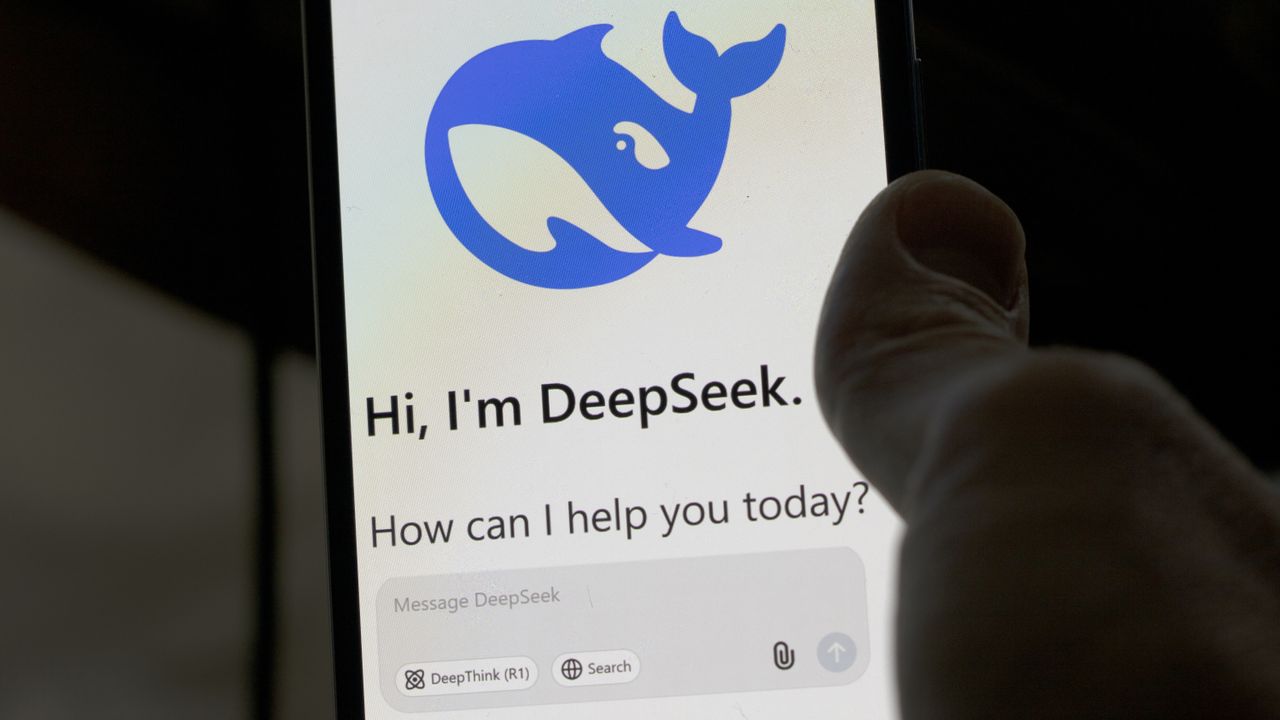Elon Musk scored a small win in court on Tuesday in his case against Sam Altman, but the judge wasn’t impressed with either side’s tactics, reprimanding them for “gamesmanship.”
Calling out both sides for having “repeatedly over-litigated the case,” U.S. District Judge Yvonne Gonzalez Rogers granted Musk’s motion to strike several of Altman’s defenses.
This is the latest in Musk’s ongoing feud with Altman. Musk originally filed the lawsuit last year in a federal court in Northern California, accusing Altman and OpenAI of fraud. Musk claims he was misled into co-founding and funding OpenAI in 2015 under the belief that it would remain a non-profit.
The lawsuit claims that Altman built a secretive network of for-profit OpenAI affiliates, took control of the non-profit’s board, engaged in self-dealing, and diverted the non-profit’s talent and tech for financial gain. The resulting corporate structure, the suit says, is now worth an estimated $100 billion.
The filing frames Musk’s case as “a textbook tale of altruism versus greed.” Notably, Musk dropped a similar suit against OpenAI earlier last year.
Altman’s team responded by filing 55 affirmative defenses, introducing new facts not mentioned in Musk’s original complaint. In a December blog post, OpenAI claimed that when Musk was still with the organization, he actually wanted it to become for-profit with himself at the helm.
On Tuesday, Judge Gonzalez Rogers trimmed that list of 55 defenses, ruling that some were “irrelevant, redundant, insufficient, or immaterial.” She also criticized Musk’s legal team for trying to strike all the defenses, saying they failed “to take the high ground.” Instead, the judge slimmed down the defenses by 16, leaving 39 in the case. “The Court will not waste precious judicial resources on the parties’ gamesmanship,” Judge Gonzalez Rogers wrote.
“OpenAI’s deflective strategy of wild distraction is wearing thin on everyone,” said Marc Toberoff, Musk’s lead lawyer in the case, in a statement emailed to Gizmodo. “We look forward to prosecuting this case on the real issues: OpenAI’s ongoing fraud and complete betrayal of its charitable mission.”
Attorneys representing Altman did not immediately respond to a request for comment from Gizmodo.
This isn’t the first time the judge has seemed unimpressed with the case. Business Insider reported in February that Judge Gonzalez Rogers expressed doubt about Musk’s claim of “irreparable harm,” saying, “I have billionaires versus billionaires.”
Jury selection for the case is scheduled to begin on March 30.
Musk helped start OpenAI with Altman and others back in 2015, but he left in 2018 after disagreements about where the company was headed. Since then, he launched his own AI for-profit company, xAI, to go head-to-head with OpenAI. The rivalry between them has only gotten more intense, even extending into the world of politics.
Earlier this year, Musk stepped down from his role at the Department of Government Efficiency (DOGE) and got into a public back-and-forth with President Donald Trump on social media.
Around the same time, Altman joined Trump for a long one-on-one meeting. Shortly after, Trump publicly praised Altman’s AI infrastructure efforts, which Musk has not been shy about criticizing.




